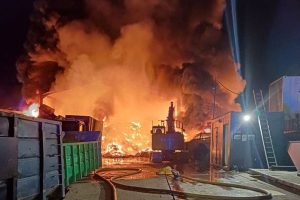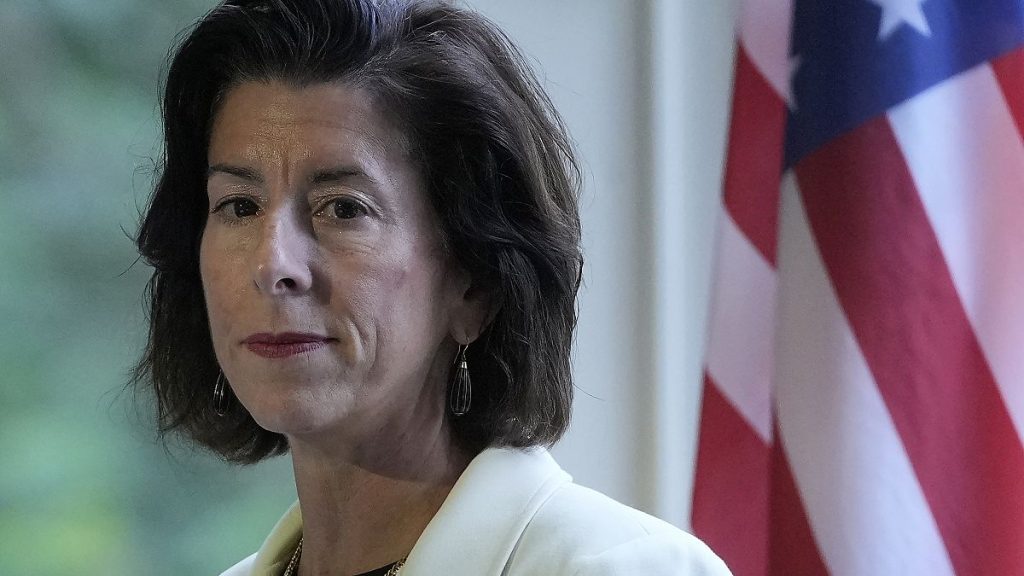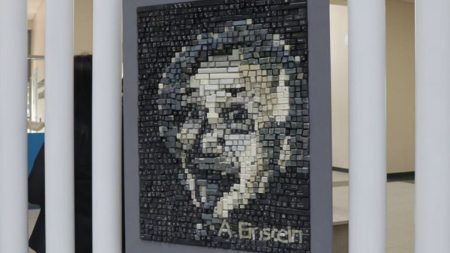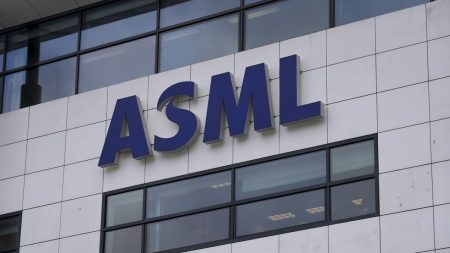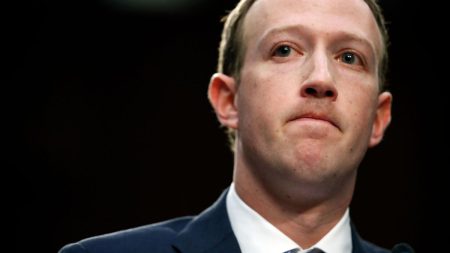In San Francisco, experts and government officials convene to discuss the pressing issues surrounding artificial intelligence (AI) safety, particularly in light of the uncertainties posed by the incoming administration of President-elect Donald Trump. As discussions unfold, attendees express deep concerns about the proliferation of AI-generated deepfakes, which have the potential to exacerbate fraud, harm reputations, and facilitate abuse. U.S. Commerce Secretary Gina Raimondo emphasized the collective responsibility of developers in shaping the future of AI technology during the inaugural meeting of the International Network of AI Safety Institutes, established during a recent AI summit in Seoul. Participants highlight the critical crossroads at which they stand – the choices made now will determine the ethical and practical implications of AI innovations.
The backdrop of this gathering is marked by ambiguities regarding Trump’s approach to AI policy, especially following Biden’s implementation of a significant executive order aimed at guiding AI development and establishing the AI Safety Institute at the National Institute for Standards and Technology. Trump’s team’s promises to dismantle existing regulations raise questions about the future regulatory landscape for AI. However, Trump’s specific grievances regarding the executive order and his plans for the AI Safety Institute remain unclear, as his transition team has not provided further insights. Although Trump had previously made strides in AI policy with an executive order in 2019 that prioritized federal investment in AI research and development, the current narrative paints a picture of potential upheaval in the continuity of these initiatives.
During the discussion, Raimondo stressed that the AI Safety Institute is not a body aimed at curtailing innovation; instead, it aims to ensure that safety mechanisms foster trust in AI technologies. She articulated the view that promoting safety is inherently beneficial for innovation since trust leads to wider adoption, which in turn drives further advancements. This perspective signifies an effort to reconcile the dual imperatives of rapid technological innovation and the need for responsible oversight of AI systems to mitigate risks. Experts concur that maintaining a focus on AI safety will bolster public confidence and facilitate the sector’s growth amidst emerging challenges.
Despite political uncertainties, many experts express confidence that the ongoing technical work related to the AI Safety Institute will continue uninterrupted. They see little prospect for sweeping changes in the direction of AI safety initiatives regardless of the outcome of the political transition. Heather West from the Center for European Policy Analysis notes that there are already established areas of collaboration between stakeholders, implying a continuity of focus on the importance of AI safety beyond partisan divisions. The collaborative spirit resonates with participants who recognize the universal stakes involved in ensuring that AI technology is developed responsibly and ethically.
Raimondo’s emphasis on transcending political divides during the discussions signifies a shared recognition among attendees that the implications of AI technology extend far beyond the realm of domestic party politics. The overarching concern is that dangerous AI applications could fall into the hands of malicious actors, thereby threatening global security and societal stability. This acknowledgment serves as a rallying call for diverse stakeholders, urging them to come together in pursuit of common goals surrounding AI safety. The reminder that AI regulation is a global concern underlines the necessity for international partnerships and collective action in addressing the challenges associated with emerging AI technologies.
As the dialogue on AI safety advances, the participants in San Francisco remain hopeful that the pressing issues can be addressed collaboratively, fostering a sustainable and innovative future for AI. While political transitions can inject uncertainty into ongoing programs and policies, the commitment to promoting AI safety among experts and government officials reflects an enduring consensus on the importance of ensuring that technological advancements align with ethical standards and public welfare. Ultimately, the fate of AI development may depend on the resolve of stakeholders to prioritize safety, ethical considerations, and responsible governance in shaping the landscape of AI technology for years to come.
